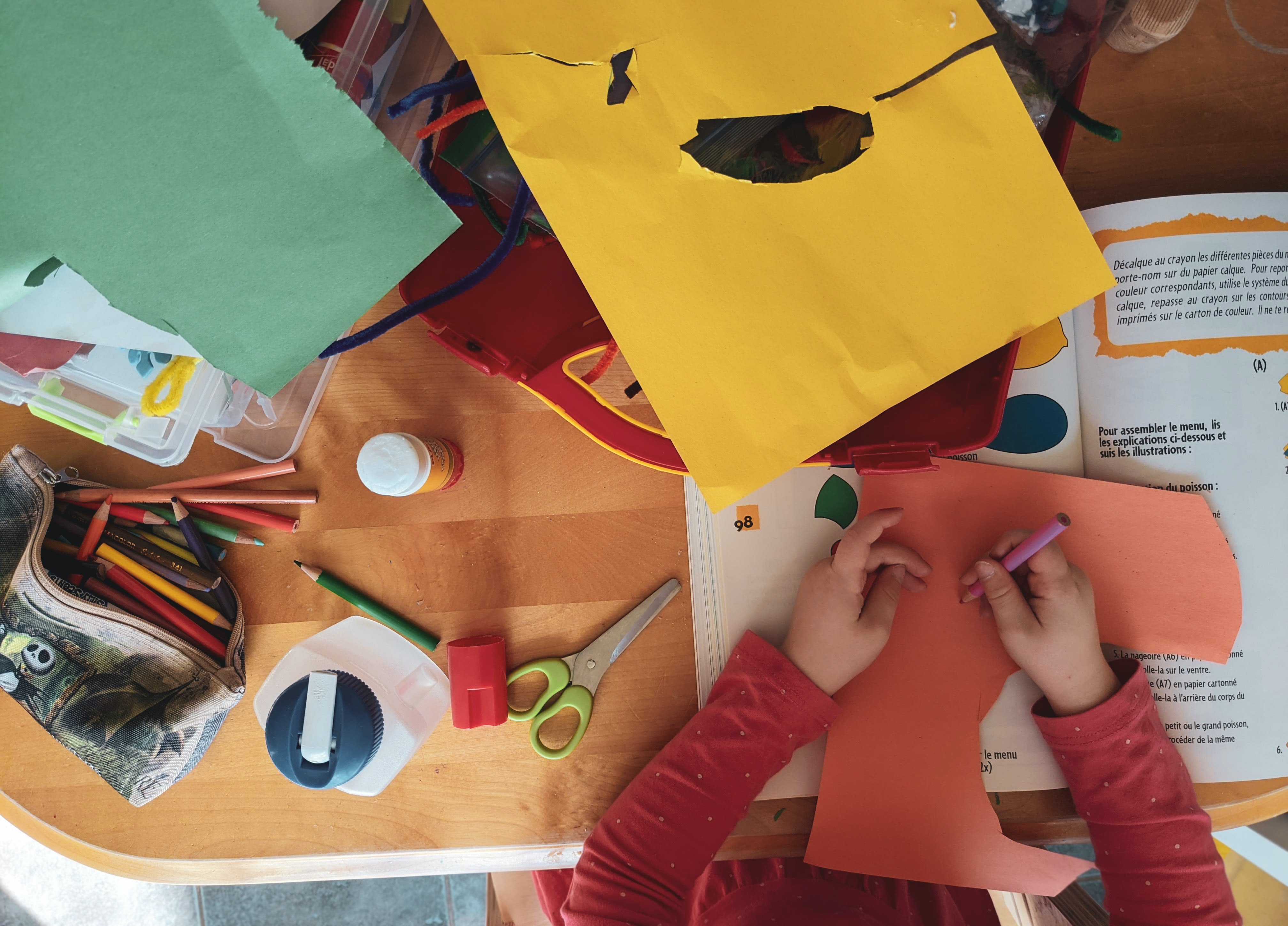Why is Early Learning So important?

From Indeed.com:
“A Kindergarten Teacher, or Early Childhood Educator, is responsible for supervising children and guiding their development so they have the foundation to succeed in elementary school. Their duties include developing age-appropriate lesson plans for students with different abilities, teaching social skills through guided activities and assessing student projects.”
The job description alone paints a vivid picture of how many areas early learning covers- and yet, how much do we know about its impact on early child development?
Preps Young Children for the Transition from Home to School
Early Learning programmes are usually referred to as Kindergarten (literally “Garden for Children” in German), or pre-school- quite literally, “before school”.
These programmes are designed to prepare young children for school life by gently introducing them to the idea of lessons, classes and the school environment as a whole- making the transition to primary school much less scary.
Helps Develop Fine Motor Skills and Social Skills
Fine motor skills refer to the coordination between the small muscles in a child’s body- such as hand-eye coordination, writing, holding small objects and fastening clothing.
These skills play an important role most school activities- and in life later on; weakness in these skills can affects a child’s ability to carry out basic tasks such as writing, turning book pages, eating or personal grooming.
Entering early childhood programmes such as pre-school also gives young children the chance to interact with other young children. This gives them the chance to learn how to cooperate with other children and improve their communication skills.
This also gives young children then chance to learn about mutual respect and understanding feelings.
Hones Basic Academic and Problem-Solving Skills
Early childhood education programmes incorporate basic academic lessons, such as reading, writing, counting and basic sums. Classes can include (but are not limited to) simple science concepts, arts and crafts (which also help with fine motor skills).
Alongside these, children are also given the opportunity to develop their problem-solving skills- they learn how to attempt to overcome an issue (not having enough colour pencils, for example) either by themselves (sharing them out), or by getting help when needed (asking the teacher for help.)
Surveys have also shown that children enrolled in early childhood education programmes tend to have;
- Better cognitive skills,
- A higher IQ,
- Improved social skills, and
- A deeper love of learning.
Put that way, it’s clear that early learning DOES play a key role in a child’s development- and is certainly a welcome push towards a child’s first steps to success.






